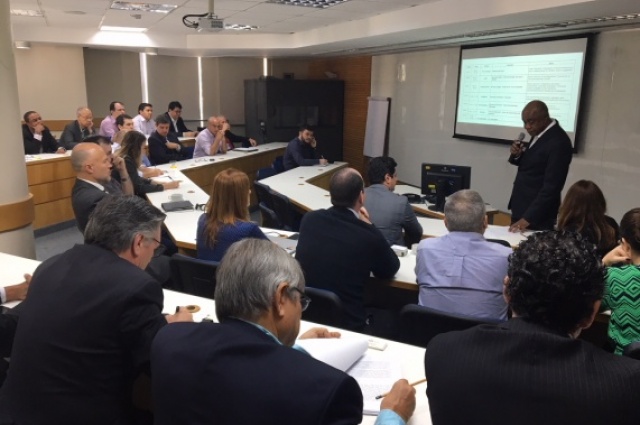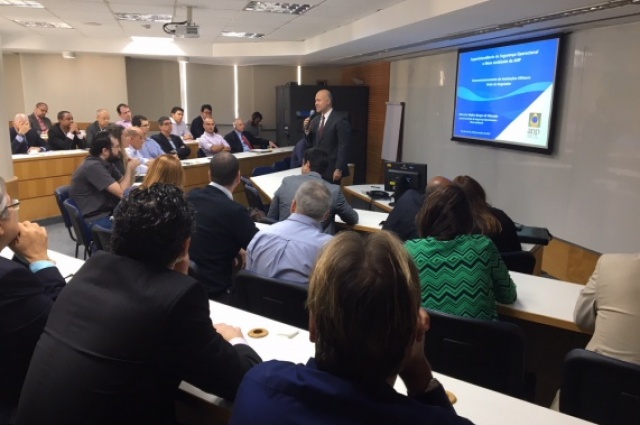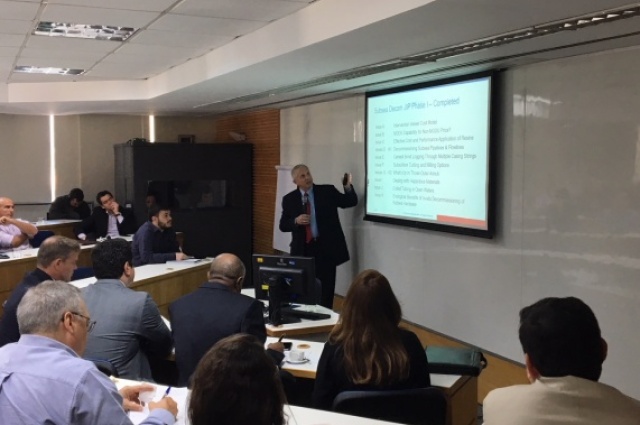FGV Energia brings together experts to discuss decommissioning in Brazil



FGV Energia, under its aegis of generating knowledge and contributing to national development, met on September 20 at the headquarters of the FGV, experts in the sector at the Workshop on Decommissioning of Oil Installations, to gather knowledge to overcome technical uncertainties , regulatory and logistical requirements associated with this activity. The event was attended by representatives of operators, regulatory and environmental entities, industry and academia. The slogans in unison were: predictability, market potential, cost reduction, systemic risk analysis and good international practices.
The decommissioning of inservice vessels is in the process of creating a standard of work in Brazil, through the Committee coordinated by the Ministry of Labor and Employment, Sinaval and the trade union centrals. In the world, around 600 vessels are dismantled per year, 50% of which are medium to large, 95% of these cases occur on the China, India, Pakistan, Turkey, Bangladesh, axis inappropriately without regard to social responsibility and environment. In Brazil, it is estimated that about 150 vessels would be eligible for dismantling and another 150 would be off-cycle in the next three years.
Already the decommissioning of platforms, oil and gas operators have already been operating in this activity both in the Gulf of Mexico, in Africa, and in the North Sea. The Gulf of Mexico with 6,000 oil and gas structures in operation and about 40,000 wells already drilled, 400 platforms have already been decommissioned. In 2015, $ 2.4 billion was spent on decommissioning activities in the Gulf of Mexico alone.
In Brazil there are groups of studies involving ANP, IBAMA, Brazilian Navy and Petrobras, based on ANP Resolution 27/2006 that deals with the deactivation of facilities. There are important variables to be defined and structured, such as environmental, technological, and economic-financial aspects. There are about 150 offshore platforms in Brazil and about 11 to 15% are expected to be in decommissioning studies in the period 2017-2020, as there are systems that have reached their useful life.
